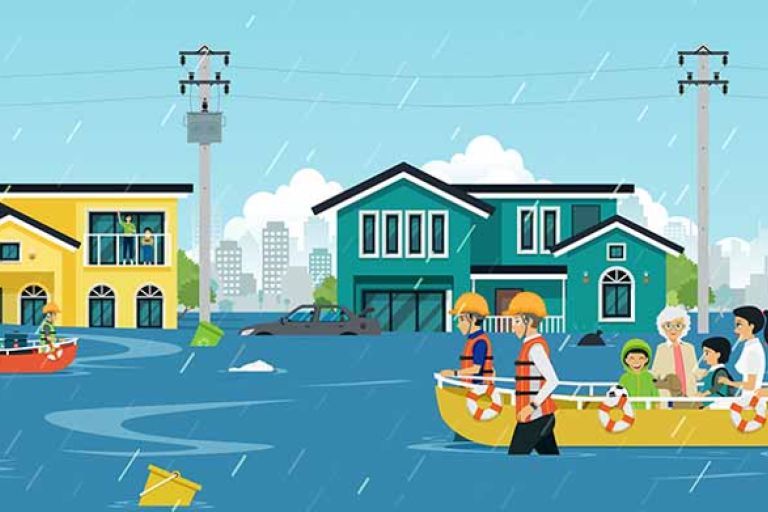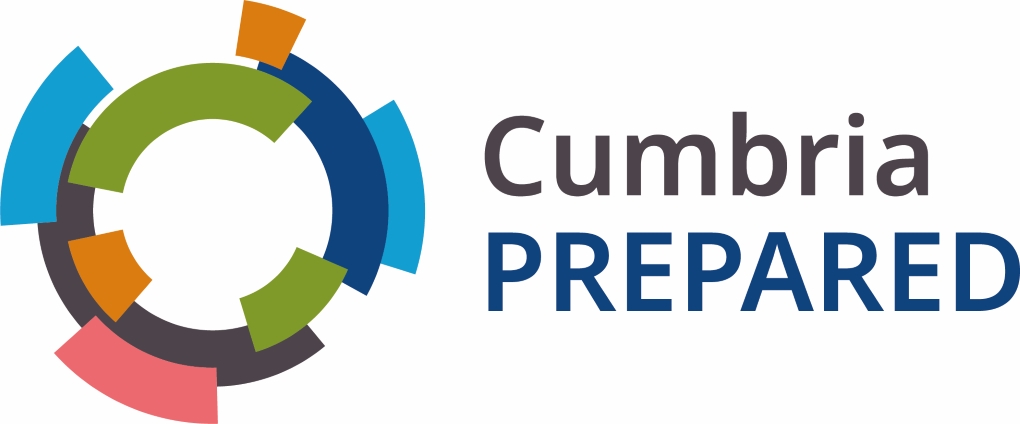Responding to Emergencies
Response overview
Response in emergency planning focuses on actions you take to deal with the immediate effects of an emergency. The response is usually short, hours or days.
The priorities in responding are to save life and protect the environment.

What to do in an emergency
Make sure you can stay informed. Always follow advice and any guidance given from the Government, and emergency services.
Use television, social media and radio for updates.
Watch for UK Government emergency alerts on the GOV.UK website
If it’s safe, check on your family members and neighbours.
Travel updates
If there’s time, check for updates before you travel:
- find traffic updates on the Cumbria Constabulary website
- search for directions, live traffic and road conditions on the Waze website
- find travel updates on the National Highways website
- check the snow and ice gritting map within Cumberland
- check the snow and ice gritting map within Westmorland and Furness
An emergency plan
Have a household emergency plan (Template Household Emergency Plan (DOC , 1.6MB)
Leaving your home
If it’s safe to do so, before you leave your home make sure to:
- check stoves are out
- switch off water, gas and electricity supplies
- lock up doors and windows
- take any keys you need with you
- take important documents you might need
- take your mobile phone, charger and cable
- take a first aid kid
- a battery or wind-up torch
- a battery radio
Medication and care
Don't forget:
- any prescription items: medications, glasses and contact lenses
- baby food
- care items
Pets
You can bring pets to reception centres run by local authorities. Make sure you bring their essentials with you. If you can, bring a carrier to keep them in.
If you can't go home
If you can't return home because it is damaged, contact your home insurance provider.
Your local council may be able to help you with temporary accommodation:
- Find support to help with homelessness in Cumberland
- Find support to help with homelessness in Westmorland and Furness
How we work together responding to emergencies
In an emergency there are three levels of coordination:
- strategic
- tactical
- operational
Our strategic objectives are to:
- save life
- prevent the situation from getting worse
- relieve suffering
- protect the environment
- protect property
- help with investigations
- promote self-help and recovery
- restore normality as soon as possible
Our agencies work together and share information using certain principles.
Explore the Joint Emergency Services Interoperability Programme Principles on Jesip.org.uk
Advice, information and warnings come from our forum, ensuring that advice is clear.
For more information on how agencies respond to multi agency incidents please see the document below:
| Attachment | Size |
|---|---|
| 3.51 MB |
